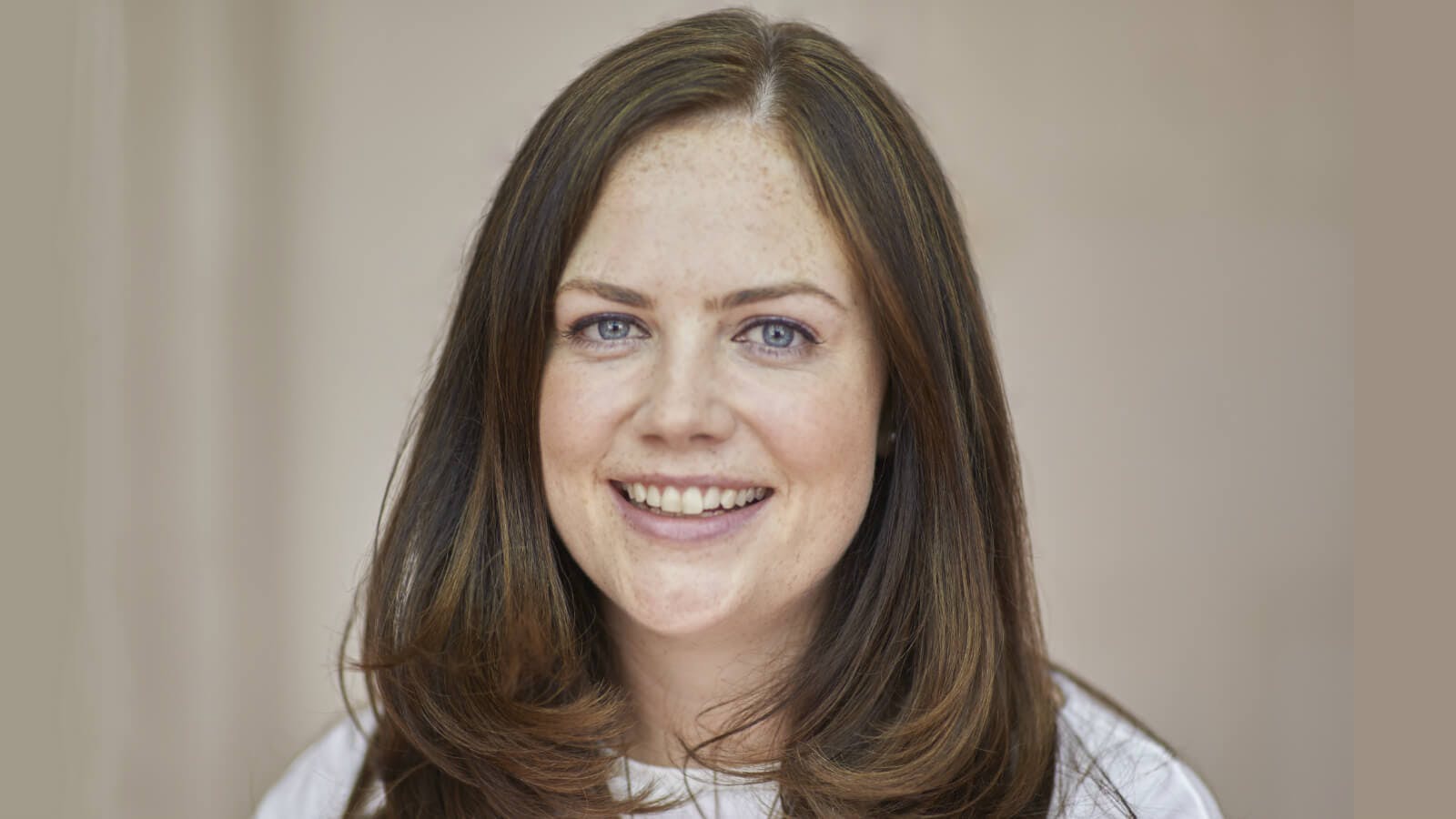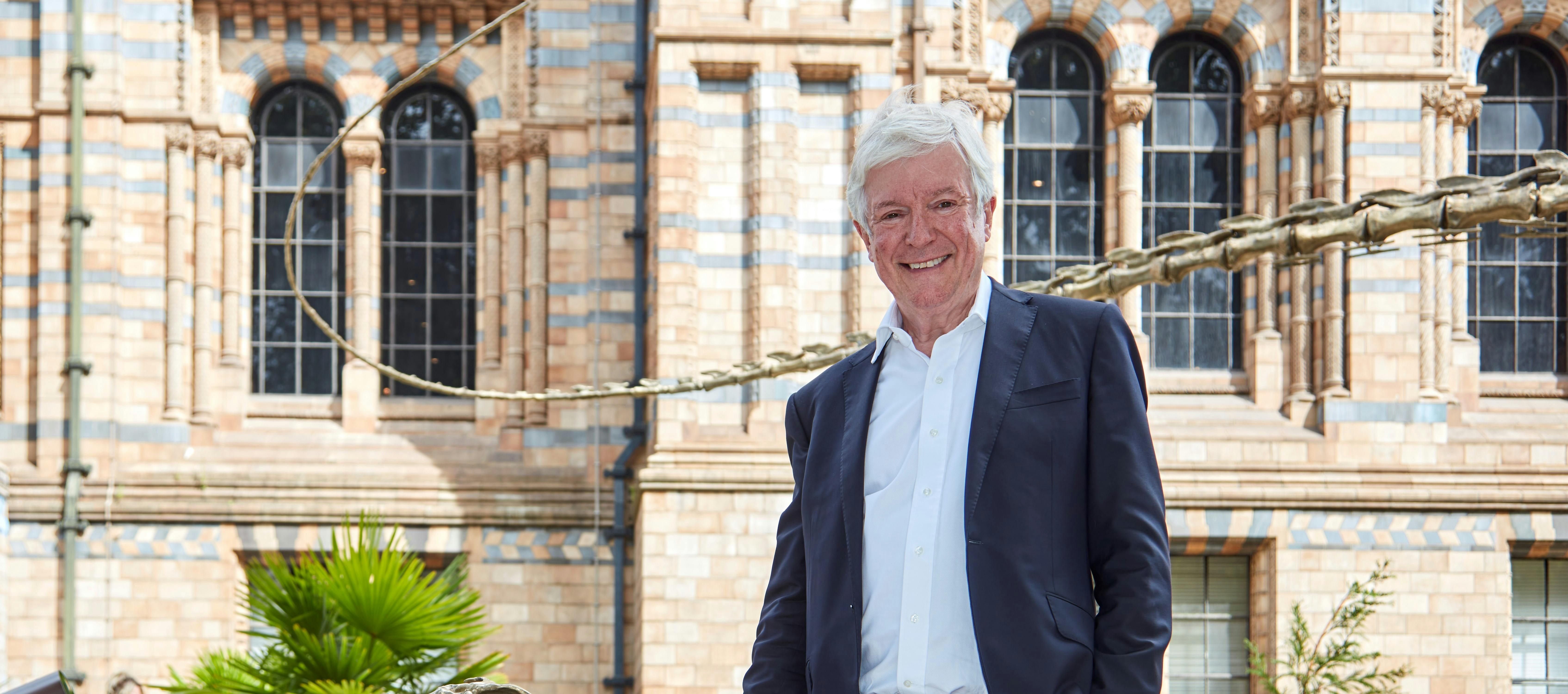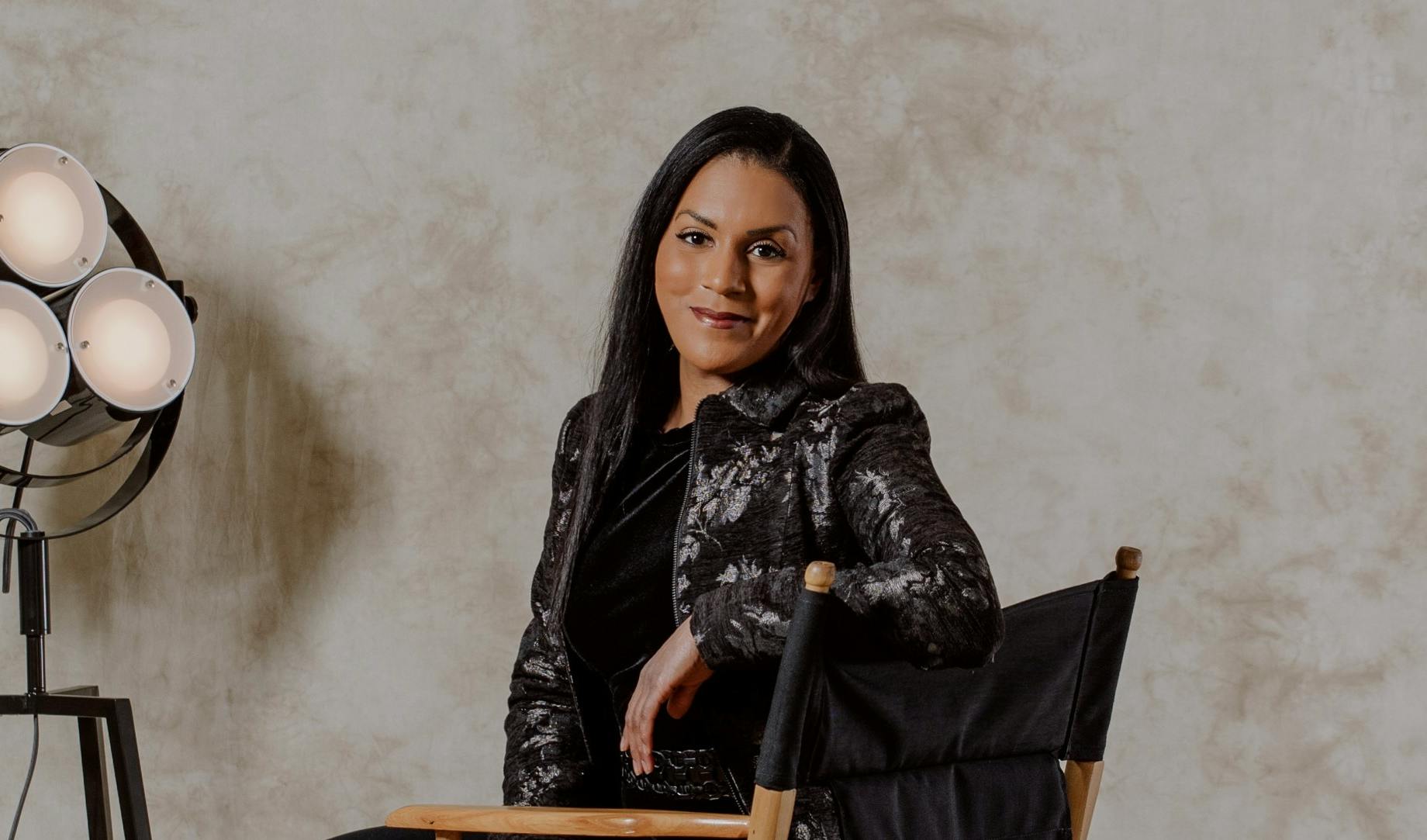
Diversity of thought in the boardroom | Sarah Harvey, former UK MD of fintech company Square
Sarah Harvey, Nurole appointed first time NED at Securities Trust of Scotland, talks about her scale-up experience and how diversity of thought is still too underrated.
Sarah Harvey is the former UK Managing Director of the fintech company Square and the COO of the events business Tough Mudder. Prior to working at these scale ups, Sarah worked in strategy roles at Diageo and Bain and on a range of international development projects for not-for-profit organisations and businesses in Africa.
Through Nurole she was recently appointed a Non-Executive Director for the investment company Securities Trust of Scotland and is also currently researching a new business opportunity in the travel sector.
What are the key lessons boards can learn from your experience founding and building a successful business? (scaling up)
As an executive, when your business is growing quickly, it can be hard to pull back from the execution required to keep scaling. Board members can play a critical role here to help an executive look up and remind them of the bigger picture.
From a non-executive perspective it’s hard to understand the day to day movements of a fast growing business, so it’s really key that they are sensitive to how fast things really do move on the ground. In a start-up or scale up environment, it is so important to have board members or a chairman that are supportive and who are open to having ideas bounced off them.
How do you find the right mix of people for your Board?
Having diversity of thought is key and cannot be underestimated and is something I still think on the whole is not paid enough attention. Diversity of background and experience means people can bring a different perspective, especially when it comes to business challenges. Boards that don’t function as well are those who all think the same. What you really want on a board is people who aren’t afraid to have differing opinions and really challenge a business when it’s needed.
Also, you need the right mix of geographical expertise. One of the most valuable NEDs I have worked with was one who was in-market where I was not, and who could advise me on the lay of the land in that region.
And it’s also really important that Boards gel on a human, personal level. They don’t have to be the best of friends or all agree all the time, but being on a Board is an unusual environment, as you are all in the same room at the same time so seldom. It’s all about creating a dynamic Board which is a safe space, where relationships are strong enough that you can have a frank, open and honest discussion and aren’t afraid to challenge each other.
Do you think that scale-up businesses need shorter Board terms, or need different people for different stages of the growth cycle?
I think this actually does happen by default especially in start-ups. Whether it’s the board changing with investors coming in or independent advisors. There are critical times where you should probably bring on new people.
How does leadership affect organisational culture?
Leadership is a fundamental factor in setting organisational culture, but I think it is sometimes underrepresented how often the culture of a company is set by “leadership” provided by people at a more junior level in the organisation. When you have a culture that fosters leadership throughout the layers of management, this is what positively affects the company the most. It doesn’t even need to be managers, I have seen some of the best (and most culturally influential) leaders who are right at the start of their careers and this is great to see that they can be as influential in a company’s culture as the person in charge.
What is the best advice you could give to younger leaders or people looking to secure their first board role.
Think about the experience you have had as an executive, think of the interactions that you yourself have had with a Board. This will help you think like a Board member and understand the role they play.
The challenge is that as an executive, you are used to being there for the execution part - distancing yourself and being able to move into a purely advisory role can be difficult. Again here, what you can do is think back to your interactions with boards, where you found board advice the most valuable - decide what kind of board member you want to be and what role you fit best into.
What has characterised the best boards you have worked with?
I have really appreciated board members who were really open to providing a sounding board, even outside board meetings. That accessibility was so important to me as at times, they were more counsellor than board advisor but that was what I needed at that moment. Also, the best boards understand when to support and when to challenge which is so key with a smaller business as you really need both to get the best results.
When have you got it most wrong professionally and what did you learn?
Poor hiring decisions are very difficult. Oftentimes it is that the person doesn’t fit correctly into the team, or (particularly in start ups), that the environment changes so quickly that they are not right for the next stage of the business. I think it’s so hard to deal with as it feels like such a personal failure.
I have learnt that the best way of dealing with this is to be honest. People problems are always the hardest, no matter what point in your career so you just have to take a deep breath and have those difficult conversations.
What’s the best professional advice you ever received?
Even if you don’t think you’re fully qualified for a project or a new role, it’s always worth putting yourself forward. The worst thing you can do is not to try for something, you won’t ever be any worse off for having tried and failed.
Your Nurole Experience
How have you found the experience as a member?
Fantastic - such an innovative platform. There is nowhere else where you can see this calibre of roles advertised.
About You - 10 Question Quick Fire
3 words the person who has worked most with you would use to characterise you?
Determined, fair & opinionated.
Favourite book?
Half of the Yellow Sun by Chimamanda Ngozi Adichie.
Favourite restaurant?
Salt Yard in London.
Favourite quote?
Few things can help an individual more than to place responsibility on them, and to let him know that you trust them.
Favourite holiday?
I love travelling so much so it’s almost impossible to say but probably safari in Zambia.
Greatest passion?
Travelling!
Favourite app?
Instagram.
Professional achievement of which you are most proud?
The first time that we had more than 20,000 participants at a Tough Mudder event. The sudden realisation that I was responsible for that many people was quite something!
When does your alarm go off and how many hours of sleep do you have on average?
6.30 and about 7.5 hours.
If you are looking for non-executive director roles, Nurole's innovative recruitment platform can help.





